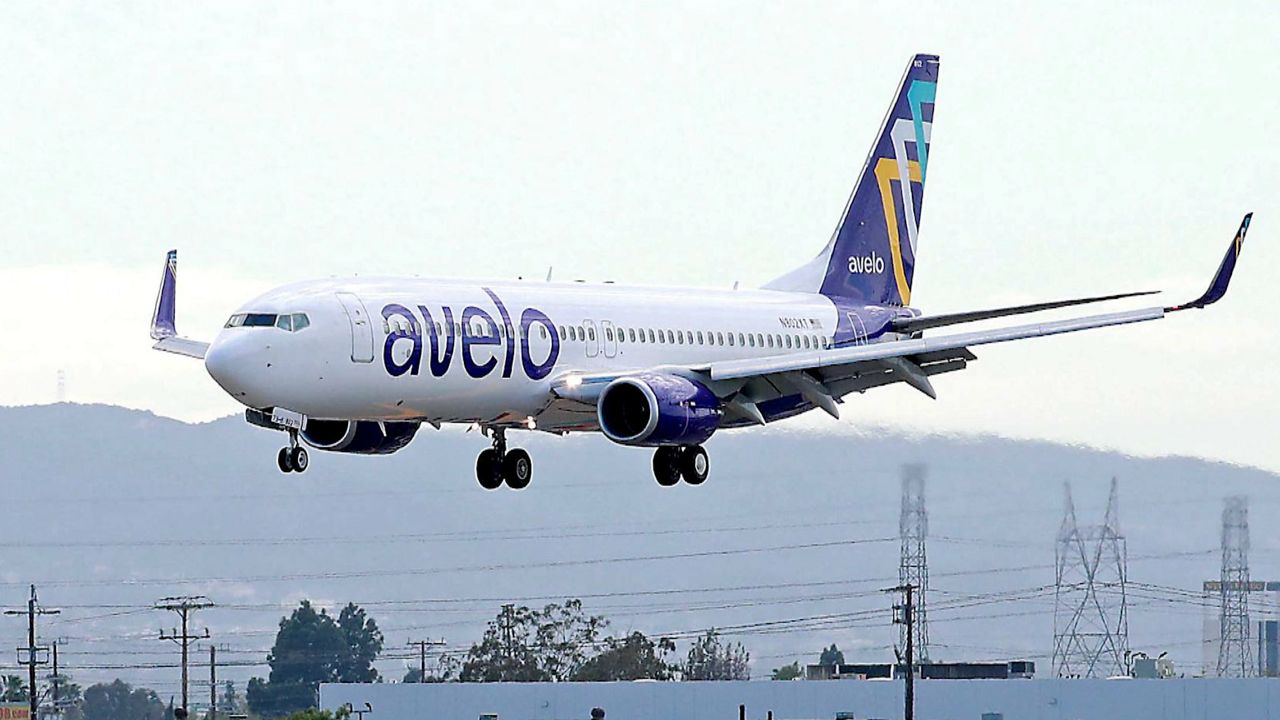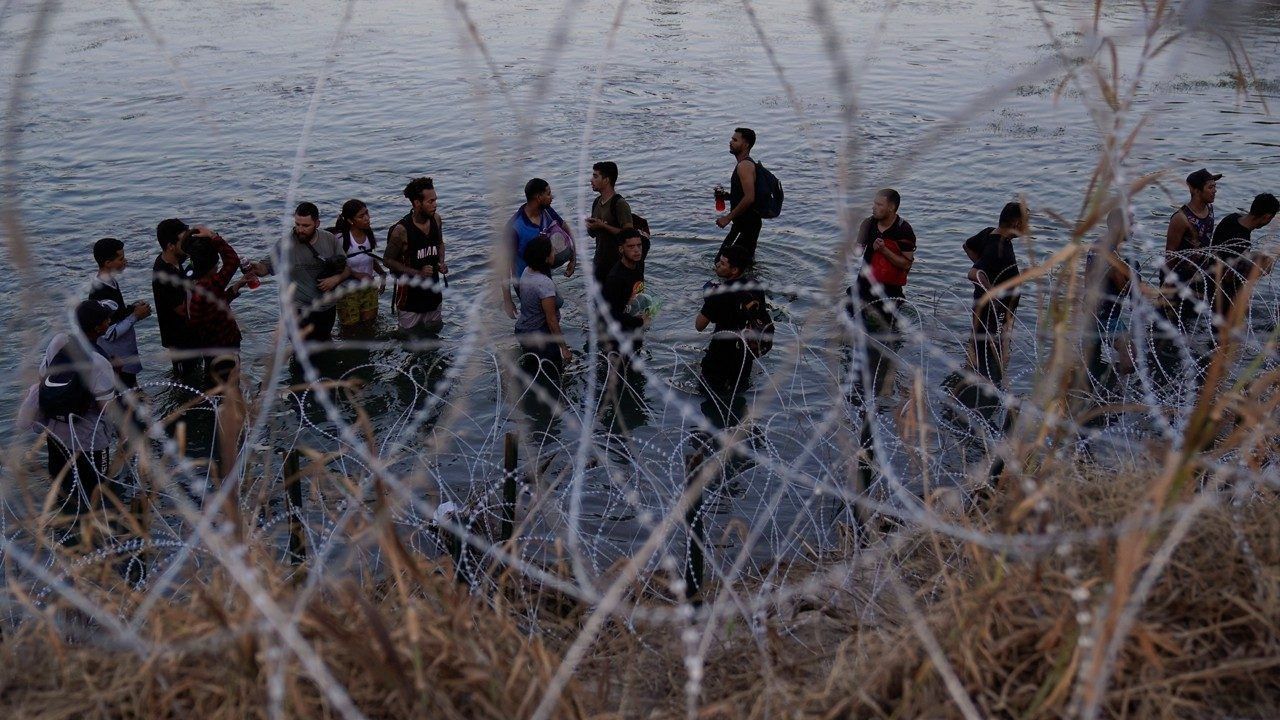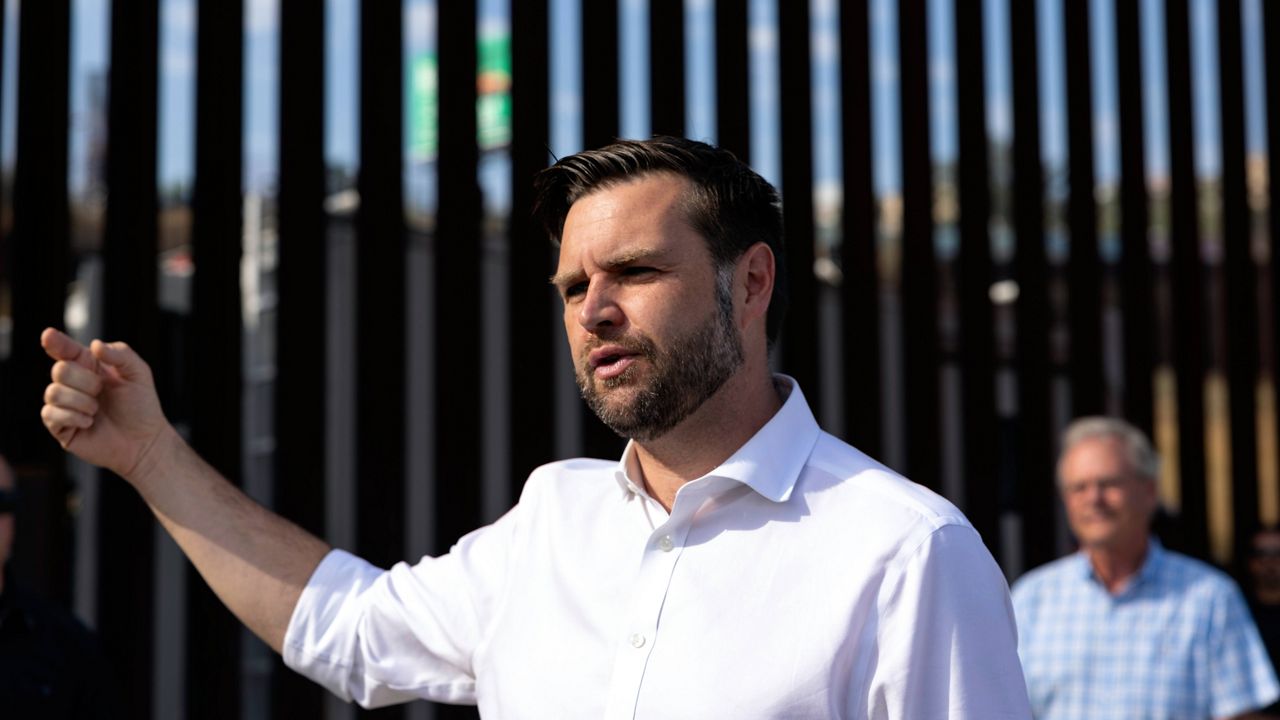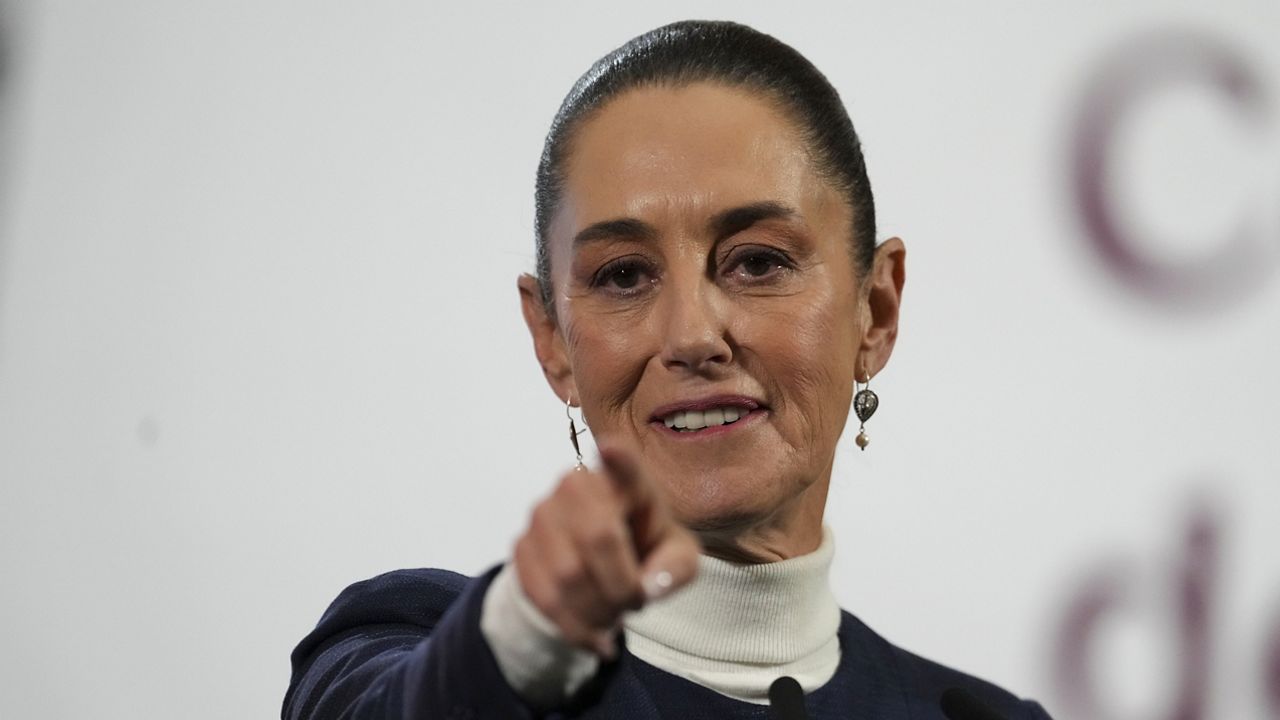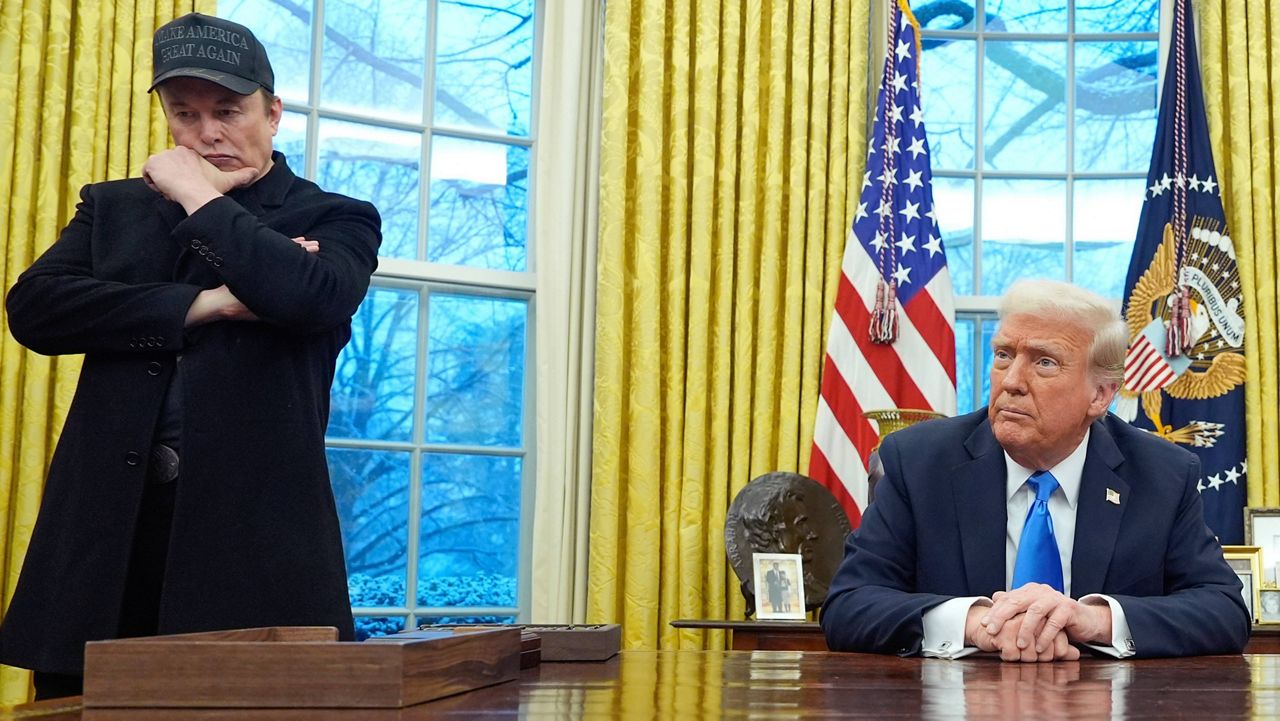TEXAS — Over 80 years ago, the United States and Mexico agreed to a treaty to share the water from the major rivers that run through both countries—the Rio Grande, known as the Rio Bravo in Mexico, and the Colorado River.
But times have changed, and now, the treaty is in jeopardy.
Mexico has been behind on its water payments, and the country faces an October 2025 deadline to catch up to its five-year deadline. By that time, Mexico must deliver 1,750,000 acre-feet of water.
As of the end of last year, Mexico has delivered 495,499 acre-feet, leaving a 1,254,501 acre-feet debt balance, according to data from the International Boundary and Water Commission.
Texas officials have accused Mexico of acting in bad faith when it comes to treaty compliance.
Last year, a bipartisan group of Texans in the U.S. Congress threatened withholding federal funds for Mexico until the country settled its water debt.
The Texas Tribune reported that the group sent a letter to the House Committee on Appropriations urging them to “withhold designated funds from Mexico until Mexico has agreed to provide more reliable and consistent water deliveries to the United States.”
The lawmakers said the lack of water supplied by Mexico has led to a financial strain for farmers and ranchers in South Texas, which has been compounded by drought in the region.
According to the U.S. Drought Monitor, much of South Texas is experiencing some degree of drought condition, and West Texas is under an “exceptional drought,” the highest level of drought.
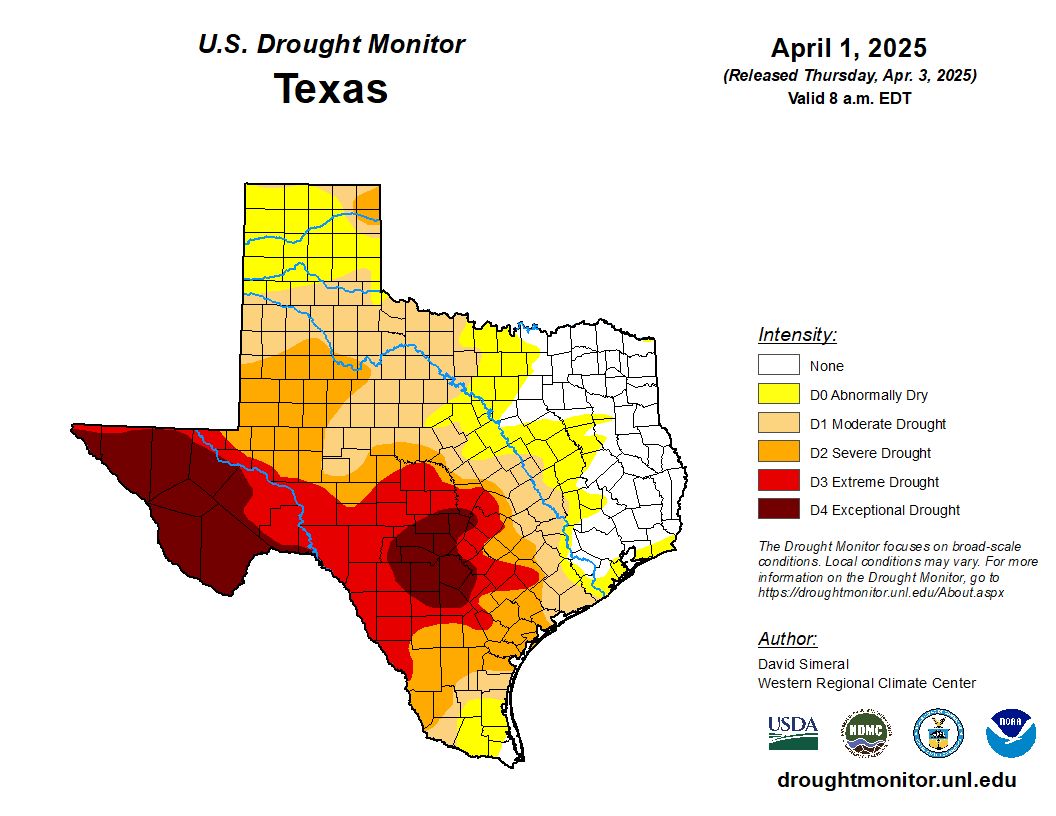
That drought has also extended into Mexico, which the country’s leaders say is why it has not been meeting its water deliveries. In fact, the country has experienced some turmoil over its water payments to the U.S. In 2020, angry Mexican farmers clashed with National Guard troops over dams being used to send water to the U.S.
In November 2024, under then-President Joe Biden’s administration, the two countries agreed to amending the 1944 water treaty to give Mexico more options to meet its water deliveries to the U.S.
The updated treaty allows Mexico to meet its quota by giving up water that the country was supposed to receive under the original treaty. It also expands the places Mexico can take water from to give to the U.S., such as the Falcon and Amistad international reservoirs and the San Juan and Alamo rivers.
But now, the water treaty is back in the headlines after the U.S. Department of State, under the direction of President Donald Trump, announced it denied Mexico’s request for a non-treaty-related water delivery from the Colorado River to Tijuana. It marks the first time in the 80-year history of the treaty that a request has been denied.
The Bureau of Western Hemisphere Affairs posted on X, formerly known as Twitter, that the reason for the denial was “Mexico’s continued shortfalls in its water deliveries under the 1944 water-sharing treaty are decimating American agriculture–particularly farmers in the Rio Grande valley.”
U.S. Rep. Monica De La Cruz, R-Edinburg, applauded the move by the Trump administration.
“Thank you, President Trump, for taking decisive action to hold the Government of Mexico accountable for their lack of compliance with the 1944 Water Treaty,” De La Cruz said in a statement. “Mexico owes the Rio Grande Valley farmers more than one million-acre-feet of water. It is unacceptable and unfair to send our water resources to help Mexican farmers while they refuse to comply in sending us water for our South Texas farmers. This is a critical step in the right direction.”
Back in January, De La Cruz introduced a resolution in the U.S. House to condemn the Mexican government for its “consistent failure to fulfill water deliveries and comply” with the treaty. Multiple other Republican representatives from Texas joined her in introducing the legislation.
“Mexico’s repeated failure to uphold their end of the 1944 Water Treaty has devastated South Texas farmers, hindered the growth of our Texas agriculture economy, and threatened our national food security,” said De La Cruz in a statement. “Holding the Mexican government accountable is the first step in ensuring our farmers have the resources they need to thrive, and I will continue to work to ensure South Texans are not left to deal with the consequences of Mexico’s non-compliance.”
But a Mexican official with the IBWC said the country doesn’t have the water to give to the U.S. what it is owed, at least not right now, due to the drought in Mexico reaching “critical levels.” The official said the country’s reservoirs are at their lowest levels in history. This is the first time a Mexican official has said that they cannot meet the demand.
The Associated Press contributed to this reporting.








